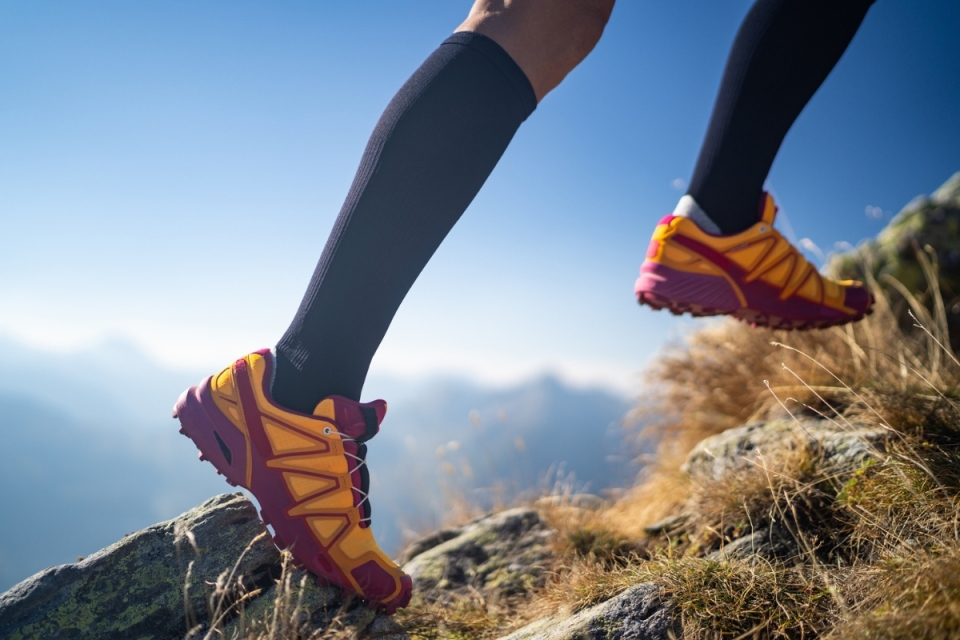You’ve seen them on nurses, restaurant servers or travelers buckling in for a long plane ride. But do compression socks really work or are they just a gimmick?
HonorHealth Vein Program Director Alex Westerband, MD, and vascular surgeon Tiziano Tallarita, MD, both affiliated members of the HonorHealth Medical Staff, share why compression socks are a game-changer for people with vein conditions — and a smart choice for anyone on their feet all day.
Do you need a prescription?
Most over-the-counter compression socks offer mild to moderate pressure that’s great for everyday use. For serious medical conditions or post-surgery recovery, you may need a higher level of compression.
Some of the compression socks you can buy online will work, notes Dr. Westerband, “but they do not assure the best fit since you can only guesstimate an appropriate size.”
“Tighter compression stockings often require proper sizing and sometimes a prescription,” Dr. Tallarita adds. “Our team at HonorHealth Heart Care can ensure you get the correct strength and fit for your specific needs and can help prevent complications from improper use.”
Why compression socks rock
Even if you don’t have a vascular condition, compression socks can still be a smart move.
- Travel: Long flights or road trips can increase your risk of blood clots. “For most healthy people, moderate compression levels (15–20 mmHg) are sufficient for travel or daily use,” says Dr. Tallarita.
- Pregnancy: Compression eases the swelling and discomfort typical in mid-pregnancy. But if swelling comes on suddenly with fever or fainting, seek immediate care at an HonorHealth emergency department.
- Post-surgery: Helps keep blood flowing when your movement is limited.
- Athletes: Some runners and cyclists use compression socks to boost performance and reduce soreness after intense workouts.
If you already have a vascular condition, Dr. Westerband cautions that compression socks are not a permanent solution. “Whenever possible, a direct treatment of the underlying cause should be considered,” he says.
Kick leg problems to the curb
By supporting your veins and encouraging healthy blood flow, compression socks can relieve vascular symptoms or lower the risk of serious leg issues. Whether you're traveling, recovering or on your feet all day, compression therapy is a simple way to keep your legs feeling their best.
Related content
Stop leg pain in its tracks
Legs that feel heavy, swollen or tired could be a sign of chronic venous insufficiency. Spot the symptoms early and discover treatment options that can help you feel better fast.
Protect your vascular health
Your vessels and arteries keep your blood flowing and your body thriving. Take a deep dive into how the vascular system works, common problems and ways to support overall health.
What do swollen legs mean?
More than just a feeling, puffy legs could signal heart, kidney or vein issues. Learn what your legs might be trying to tell you and when it’s time to take action.


